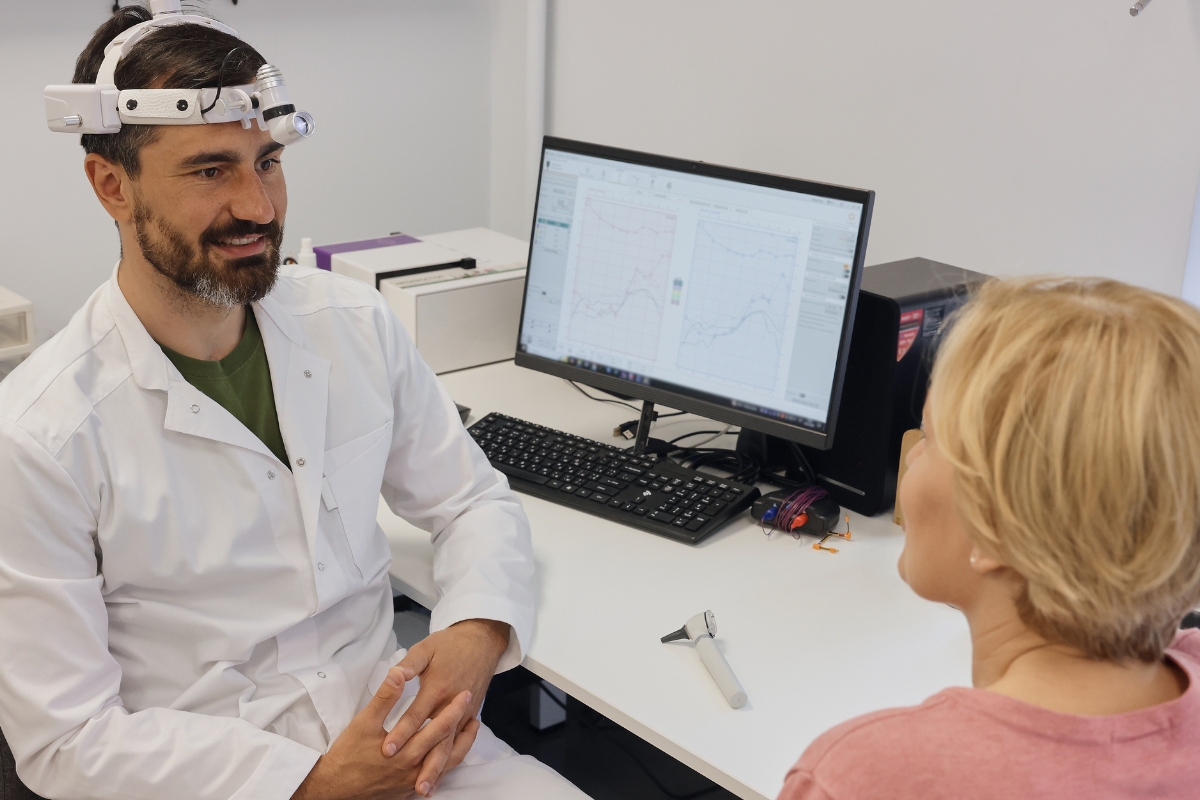The Early Signs of Cognitive Decline: What to Watch for and How to Intervene

The mind is a treasure trove of memories, thoughts, and creativity. But what happens when you notice it becoming foggy or less reliable? The reality of cognitive decline can be unsettling. It’s not just a natural part of aging; early signs often hint at underlying issues that can be managed with timely intervention. By being vigilant and proactive, you can make a significant difference.
Let’s examine the early signs of cognitive decline, what to look for, and how to take action before problems escalate.
Recognizing the Warning Signs
Awareness is the first step toward intervention. Here are some key indicators that cognitive decline may be on the horizon:
- Memory Lapses: Forgetting names or recent conversations can be a red flag. Everyone forgets things occasionally, but if these lapses become frequent, it’s worth paying attention.
- Difficulty with Problem-Solving: Struggling to follow a recipe or keep track of monthly bills might signal cognitive issues. Simple tasks can become challenging.
- Confusion About Time and Place: Losing track of dates or getting lost in familiar places can indicate a decline. If someone regularly seems disoriented, it could be a concern.
- Challenges in Communication: If conversations become difficult—like forgetting words or losing train of thought—it can be an early sign of cognitive decline.
- Changes in Mood and Personality: Unexplained mood swings or a shift in personality can also be significant. Watch for increased irritability or withdrawal from social activities.
- Difficulty Following Conversations or TV Shows: If it’s hard to keep up with discussions or plotlines, it may indicate cognitive changes.
How to Intervene Early If You Suspect Signs of Cognitive Decline?
Catching these signs early can lead to better management and potential improvement in cognitive health. Here are some practical steps to consider:
- Encourage Regular Check-Ups: Routine medical visits can help identify early signs of cognitive issues. Health professionals can provide evaluations and necessary tests.
- Promote a Healthy Lifestyle: A balanced diet, regular exercise, and sufficient sleep can support cognitive function. Foods rich in antioxidants and omega-3 fatty acids are especially beneficial.
- Engage in Brain-Boosting Activities: Challenge the mind with puzzles, reading, or learning new skills. Activities that stimulate cognitive function can help maintain mental agility.
- Foster Social Connections: Encourage regular interaction with friends and family. Social engagement is essential for mental health and cognitive resilience.
- Opt for MeRT: An FDA-approved, drug-free solution for cognitive decline, Magnetic E-Resonance Therapy promotes brain health by improving the connection among brain pathways. This new-age technology can treat several brain conditions and enhance memory, attention, and problem-solving skills.
- Create a Routine: Consistency can help reduce confusion. Establishing daily routines can make tasks easier and more manageable, improving overall mental clarity.
- Monitor Medication: Some medications can impact cognitive function. Regularly review medications with a healthcare provider to ensure they are still appropriate and effective.
A Proactive Approach to Mental Wellness
Addressing cognitive decline isn’t just about reaction but also prevention. Consider incorporating these practices into your daily life to improve mental health:
- Stay Physically Active: Regular physical activity has been shown to enhance cognitive function and may even reduce the risk of cognitive decline. Aim for at least 150 minutes of moderate aerobic activity each week.
- Challenge Your Mind: Engage in activities that require thinking, such as board games, reading, or learning a new language. Keeping your mind active is vital to maintaining cognitive health.
- Prioritize Sleep: Lack of quality sleep can severely impact cognitive abilities. Establish a regular sleep schedule to improve rest and recovery.
- Limit Stress: Chronic stress can affect brain function. Incorporate relaxation techniques like meditation, yoga, or deep-breathing exercises into your routine.
- Eat for Your Brain: Foods rich in antioxidants, healthy fats, and vitamins can support brain health. Add plenty of fruits, vegetables, whole grains, and fish to your meals.
What to Do If You Suspect Cognitive Decline?
If you notice troubling signs in yourself or a loved one, it’s essential to act. Here’s how to navigate this sensitive area:
- Open a Dialogue: Approach the topic gently. Discuss your observations without sounding alarmist. Encourage open conversation about concerns.
- Seek Professional Help: If the signs persist, consult a healthcare professional for an evaluation. Early diagnosis can significantly impact management and care options.
- Involve Family Members: Share your concerns with family members. They can provide additional perspectives and support throughout the journey.
- Educate Yourself: Learn about cognitive health and available resources. Understanding the various types of cognitive decline can help you navigate the situation’s complexities.
The early signs of cognitive decline should never be taken lightly. Recognizing these indicators is crucial for timely intervention. By being proactive, you can create a supportive environment that fosters mental health. Remember, early detection and intervention can lead to better outcomes.
Taking these steps improves mental wellness and enriches the quality of life for everyone involved. So, watch for those early signs, and don’t hesitate to take action. Your mind will thank you!


